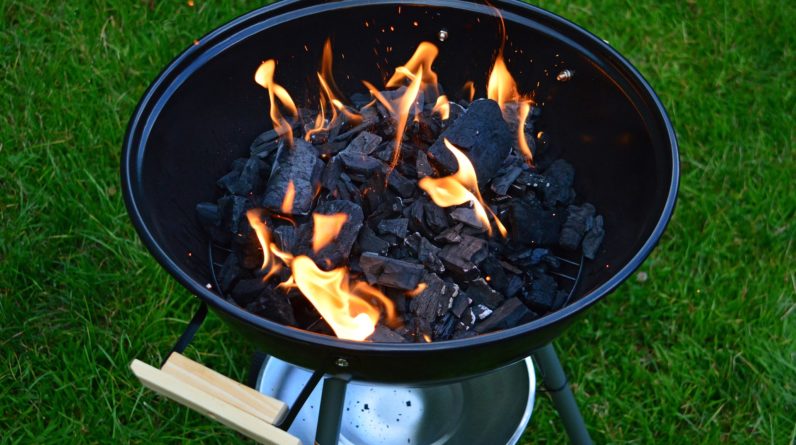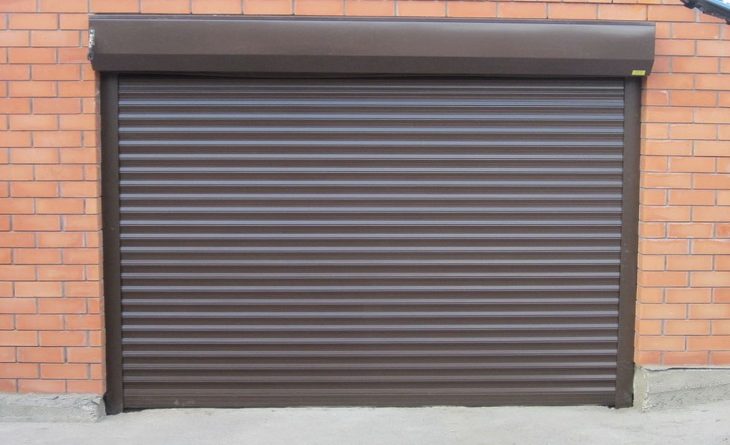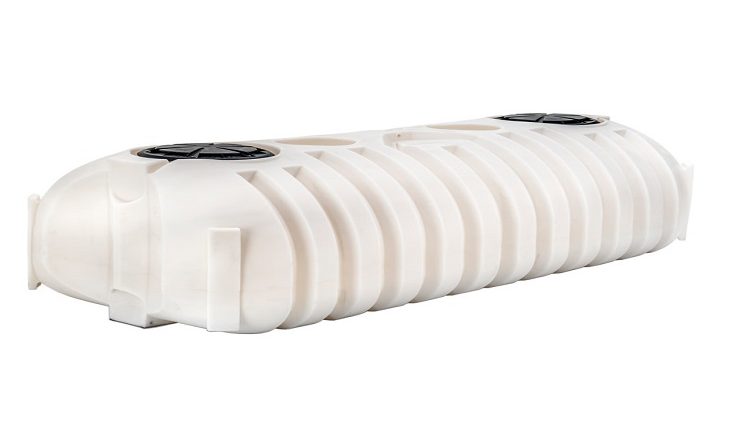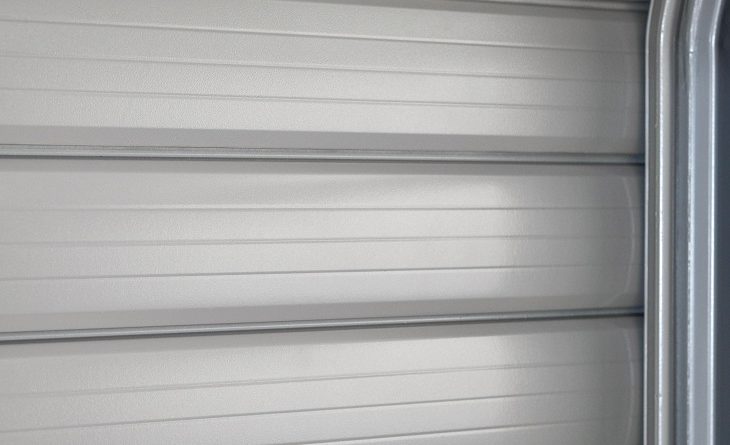
Travertine is a natural stone, from the limestone family and is often found in the form of deposits near warm or hot springs. It is also known as Travertine Marble or Travertine Limestone, although it isn’t actually marble or limestone. In ancient times, it was used as a building material, but today it is used for patios, countertops, around pool decks, inside showers, for flooring and as exterior décor.
Travertine pavers are 100% natural stone pavers that come in a range of sizes and patterns, they are often 3cm thick and are perfect for use in driveways, for pool decks and patios. They have a porous surface that instantly absorbs water, which will leave your pathway, driveway or pool deck with a virtually non-slip surface. Travertine pavers also stay cool to the touch, which is something concrete and other forms of pavers just don’t have. Travertine pavers have a great lifespan, and unlike other man-made materials, it can last for centuries, while other pavers crack and deteriorate over time.
Travertine pavers come from Turkey, the country has some superb quality travertine reserves and is the preferred choice for designers and architects. Other countries such as America, Mexico, Peru, Italy and Iran also have travertine reserves.
Travertine pavers generally comes in 3 different finishes:
- Honed (which is smooth and matte looking)
- Tumbled (which has a porous and textured surface)
- Polished (which is shiny and smooth)
Travertine pavers are extremely durable, they have after all been in nature for thousands of years and they retain their colour over time. This is one of the reasons people choose travertine pavers for their home, other styles of paver such as brick, for example, often begin to fade or crack within a year or two.
When travertine pavers have been properly installed they can withstand cold weather conditions entirely, and they won’t break – even if frozen. Travertine pavers can also handle extreme heat, and their natural coolness provides an excellent walking surface for bare feet, making them perfect for use around your swimming pool.
Travertine is perfect for use around a salt water swimming pool; you just need to seal it with a water-repellent impregnating sealer, this will help prolong its life. Don’t use a sealer that will block the travertines pore as water can become trapped inside, which will make the tile slippery when wet – and dangerous to use around your pool area.
Tumbled style pavers are best for around the pool, or in the bathroom, they are porous with a textured finish that provides for a faster absorption of water making them less slippery. If you have children, they are the perfect solution for use in wet areas.
While you don’t need to seal travertine pavers, if you do, it will bring out the natural beauty of these tiles or pavers. Sealing is advisable for indoors, in high traffic areas or on a patio that you use for entertaining as it will protect your tiles from spills from food or wine, that may stain those glorious pavers. Never use any harsh chemicals on your tiles such as bleach. Due to being porous over time the tiles will absorb the bleach, which will cause the stone to erode and dissolve. Look for a gentle cleaner instead that is suitable for your pavers.
Related Contents:
Different Floor Tile Materials and Colours to Consider
10 great Online Resources for Researching Pool Finishes





